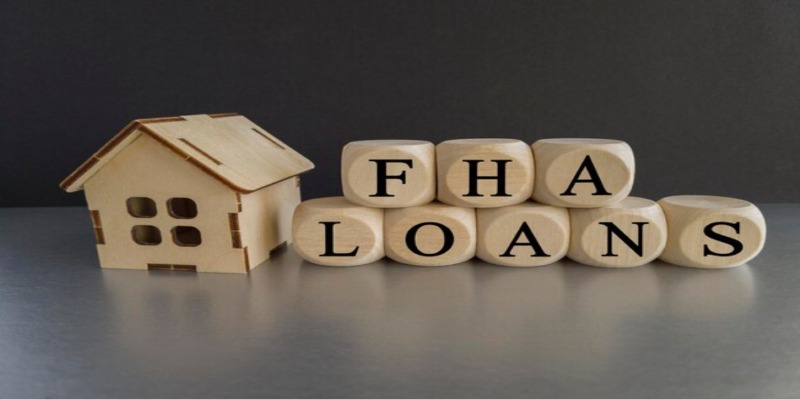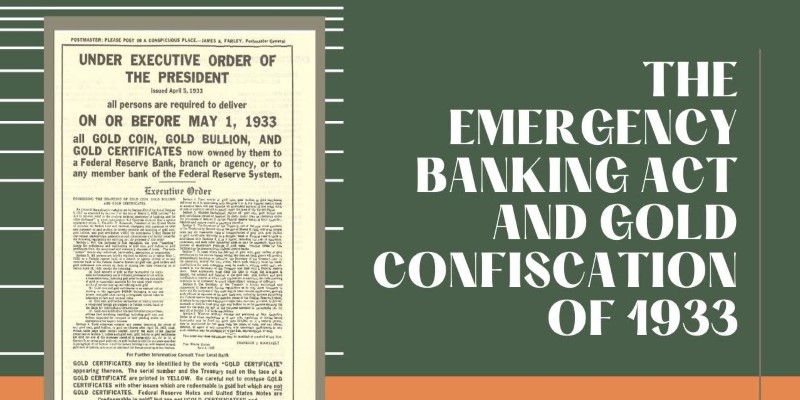The Troubles of Missing Mortgage Payments: Pre-Foreclosure Explained
Nov 23, 2023 By Susan Kelly
For numerous individuals, having a home is the realization of a cherished dream, yet it entails significant duties, most notably the consistent payment of the mortgage. Life can be unpredictable, throwing unforeseen challenges our way, making it challenging to stay current with our monthly mortgage obligations.
It's during these trying times that the ominous term "Pre-Foreclosure" takes center stage. In this article, we'll adopt a straightforward and accessible approach to delve into the intricacies of Pre-Foreclosure and the consequences of falling behind on Mortgage Payments.
Our aim is to break down the subject without resorting to complex terminology, providing you with a clear and honest understanding of the matter.
Understanding Pre-Foreclosure
Pre-Foreclosure is the initial stage in the foreclosure process. It's a warning sign that you're at risk of losing your home due to unpaid Mortgage Payments. This period can be an anxious and uncertain time for homeowners, but it's important to understand what's going on.
When you miss Mortgage Payments for a certain period, typically 90 days or more, your lender may start the Pre-Foreclosure process. During this stage, you still own the property, but your lender has the legal right to initiate foreclosure proceedings.
Why Do People Miss Mortgage Payments?
Life can indeed throw us unexpected challenges, making it difficult to meet our financial obligations. Common reasons for missing Mortgage Payments can include job loss or reduction in income, unexpected medical expenses, divorce or separation, sudden home repairs, high interest rates, or poor financial planning.
If you find yourself struggling to make your Mortgage Payments due to any of these reasons, it's important not to panic. There are steps you can take to navigate Pre-Foreclosure and potentially save your home. It's always advisable to reach out to your lender or a financial advisor to discuss your options and find a solution that works best for your situation.
The Impact of Pre-Foreclosure
Pre-Foreclosure comes with several consequences that you should be aware of. One of the primary concerns is the damage to your credit score. Failure to make payments as scheduled will have adverse repercussions on your credit score.
A diminished credit score can pose obstacles when attempting to obtain loans or credit in subsequent endeavors. In addition to this, you may be charged late fees and legal costs, which can add to your financial burden.
Another consequence of Pre-Foreclosure is that it is a matter of public record, so that it can affect your reputation. The most significant concern during Pre-Foreclosure, however, is the risk of losing your home. This is a serious matter and should be considered carefully.

Steps to Take When Facing Pre-Foreclosure
With a clear understanding of Pre-Foreclosure, let's delve into the actions you can take to address this difficult situation.
Contact Your Lender: Don't avoid your lender's calls or letters. As soon as you recognize that you're facing difficulties in meeting your payments, do not hesitate to contact them. They might be open to collaborating with you to explore potential solutions, like a Loan Modification or a forbearance plan.
Seek Legal Advice: Consult with an attorney who specializes in foreclosure. They can guide your rights and legal options.
Explore Financial Assistance Programs: Government and non-profit organizations offer assistance programs that may help you avoid foreclosure.
Consider Selling Your Home: Selling your home before foreclosure can help you avoid the worst consequences. You may be able to pay off the remaining mortgage balance and save your credit score.
Loan Modification and Forbearance
During Pre-Foreclosure, your lender might offer you options such as Loan Modification and forbearance to assist you. Loan Modification involves altering the terms of your mortgage, for instance, by reducing your interest rate or extending the loan term in order to make it more affordable for you.
On the other hand, forbearance allows you to temporarily pause or reduce your Mortgage Payments, which can be a lifeline if you're facing a short-term financial crisis. Both options aim to make your Mortgage Payments more manageable and prevent foreclosure. However, it's crucial to understand the terms and consequences of these options before proceeding.
Short Sale
When a resolution cannot be reached with your lender, an alternative course of action is a short sale. In this process, you sell your home for an amount lower than the outstanding balance on your mortgage. Your lender consents to consider the sale proceeds as a complete settlement of the loan, relinquishing any remaining debt.
While a short sale can have an impact on your credit, it's generally less damaging than a foreclosure. It's a way to take control of the situation and avoid some of the more severe consequences of Pre-Foreclosure.
Deed in Lieu of Foreclosure
A deed in lieu of foreclosure is when you voluntarily transfer ownership of your home to your lender in exchange for them canceling your debt. This option can be a last resort if you've exhausted all other alternatives.
While it will negatively impact your credit, it's often seen as a more responsible and less damaging way to part with your home than a foreclosure.
Foreclosure: The Last Resort
Foreclosure is the final step in the process. It's when the lender takes legal action to repossess your home because you couldn't reach an agreement or find a way to resolve your mortgage debt.
Foreclosure is a painful process, both emotionally and financially. It can lead to eviction, damage to your credit, and difficulty in securing housing in the future.

Conclusion
Pre-Foreclosure is a challenging chapter in the homeownership journey. When you miss Mortgage Payments, it's essential to face the issue head-on, seek assistance, explore options, and take control of your financial future. While Pre-Foreclosure can have a significant impact on your life, it doesn't define your financial story.
With patience, discipline, and determination, you can rebuild your credit and regain stability. Life is full of unexpected twists, but your resilience and proactive approach can pave the way for a brighter tomorrow.





